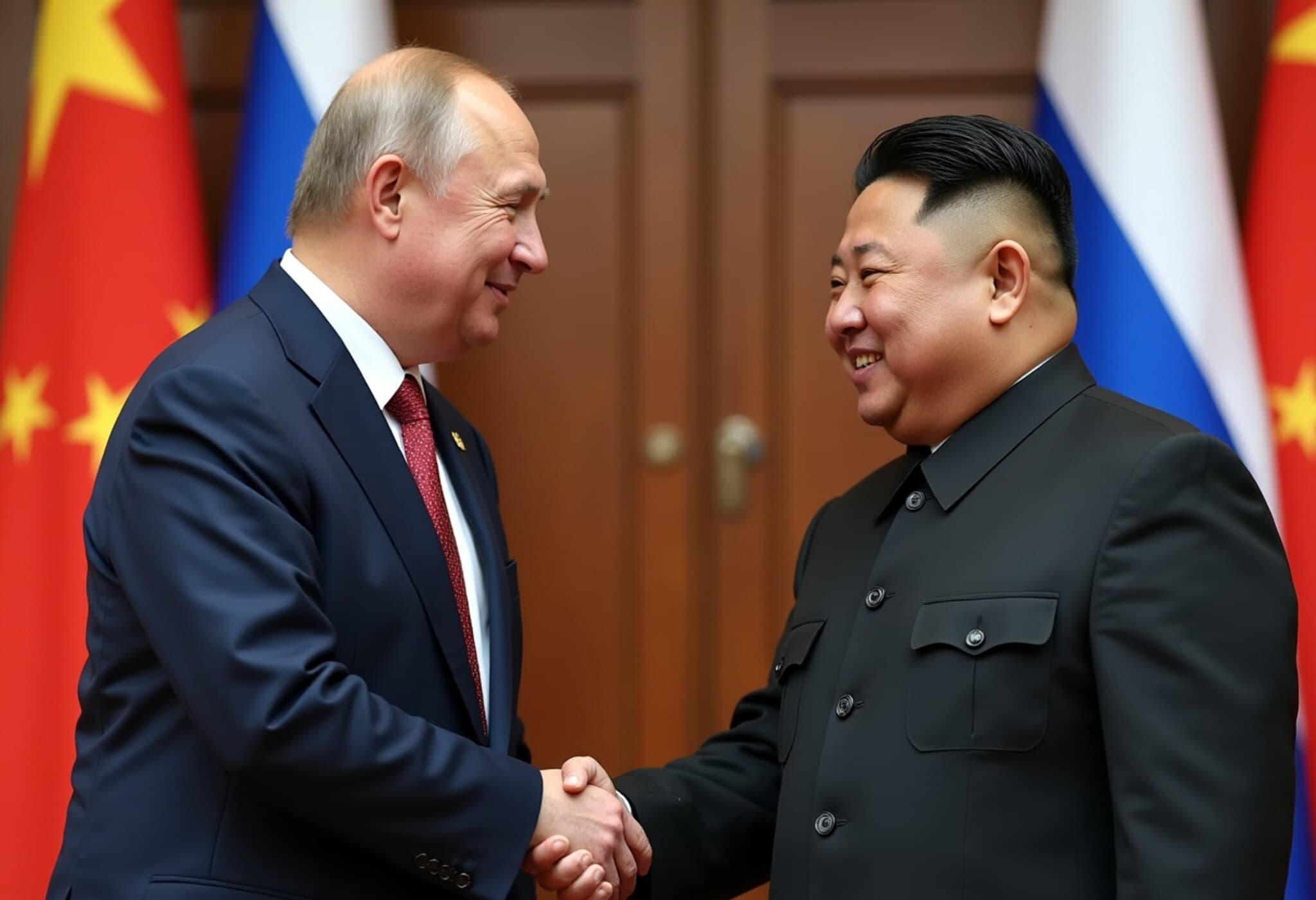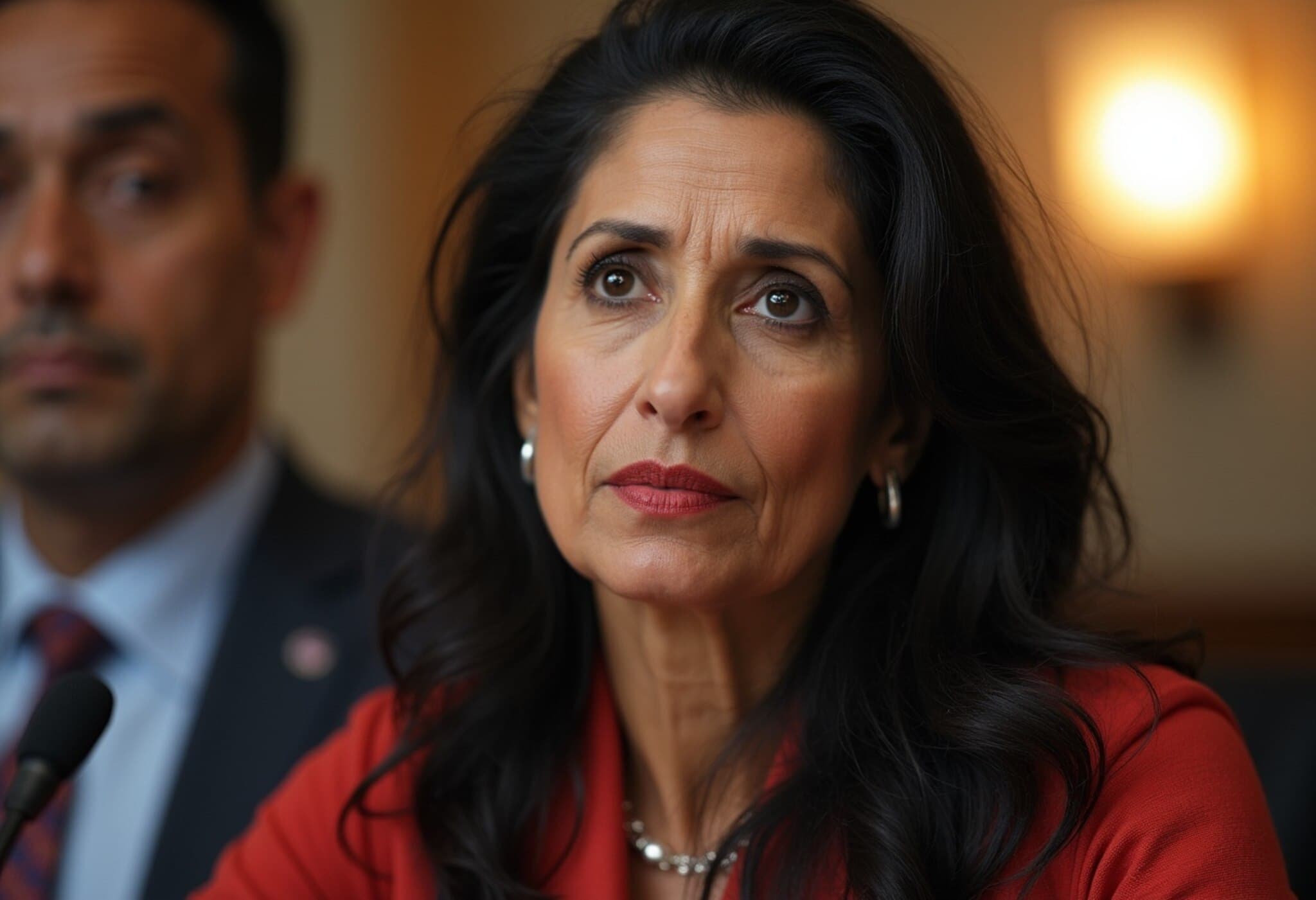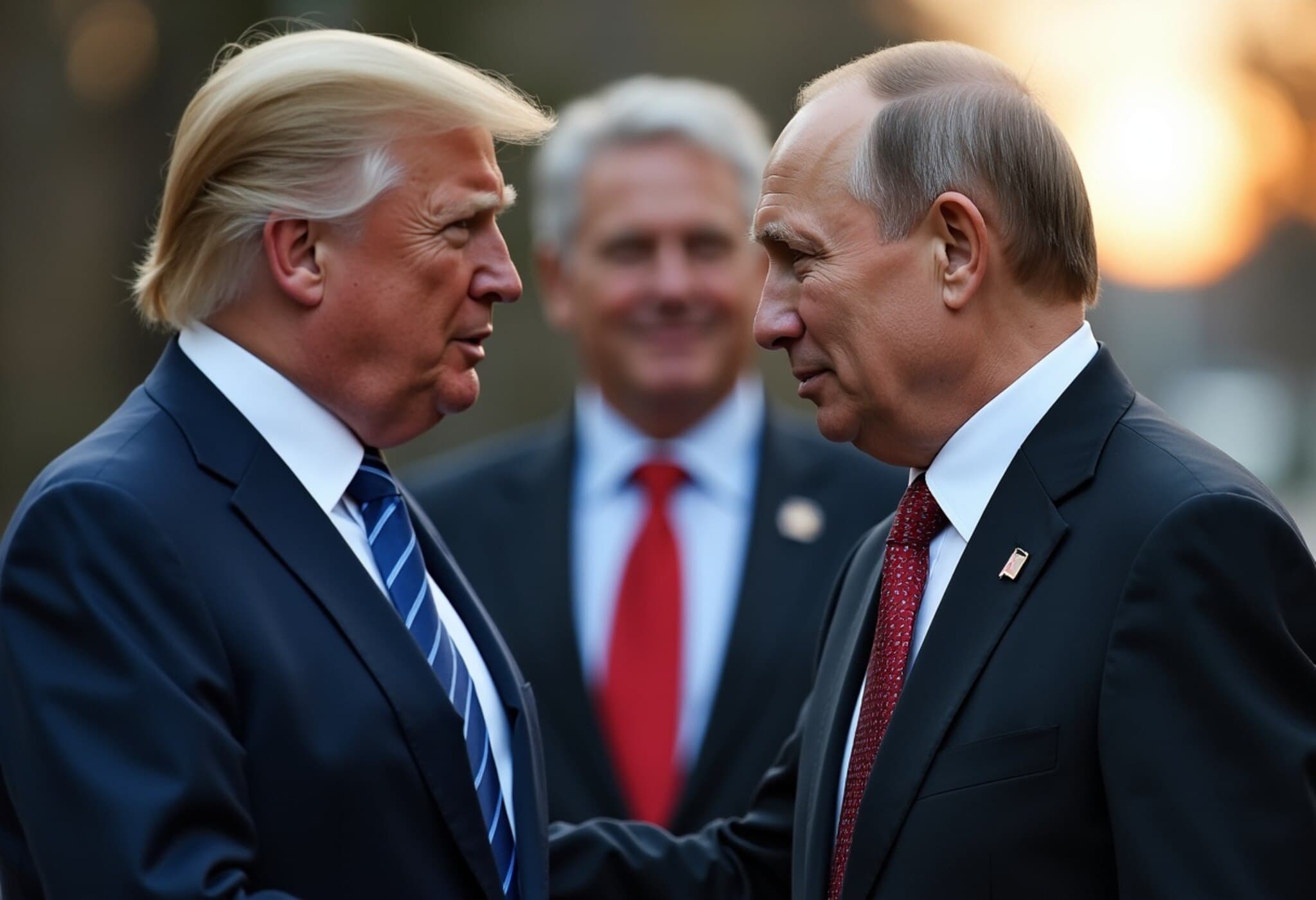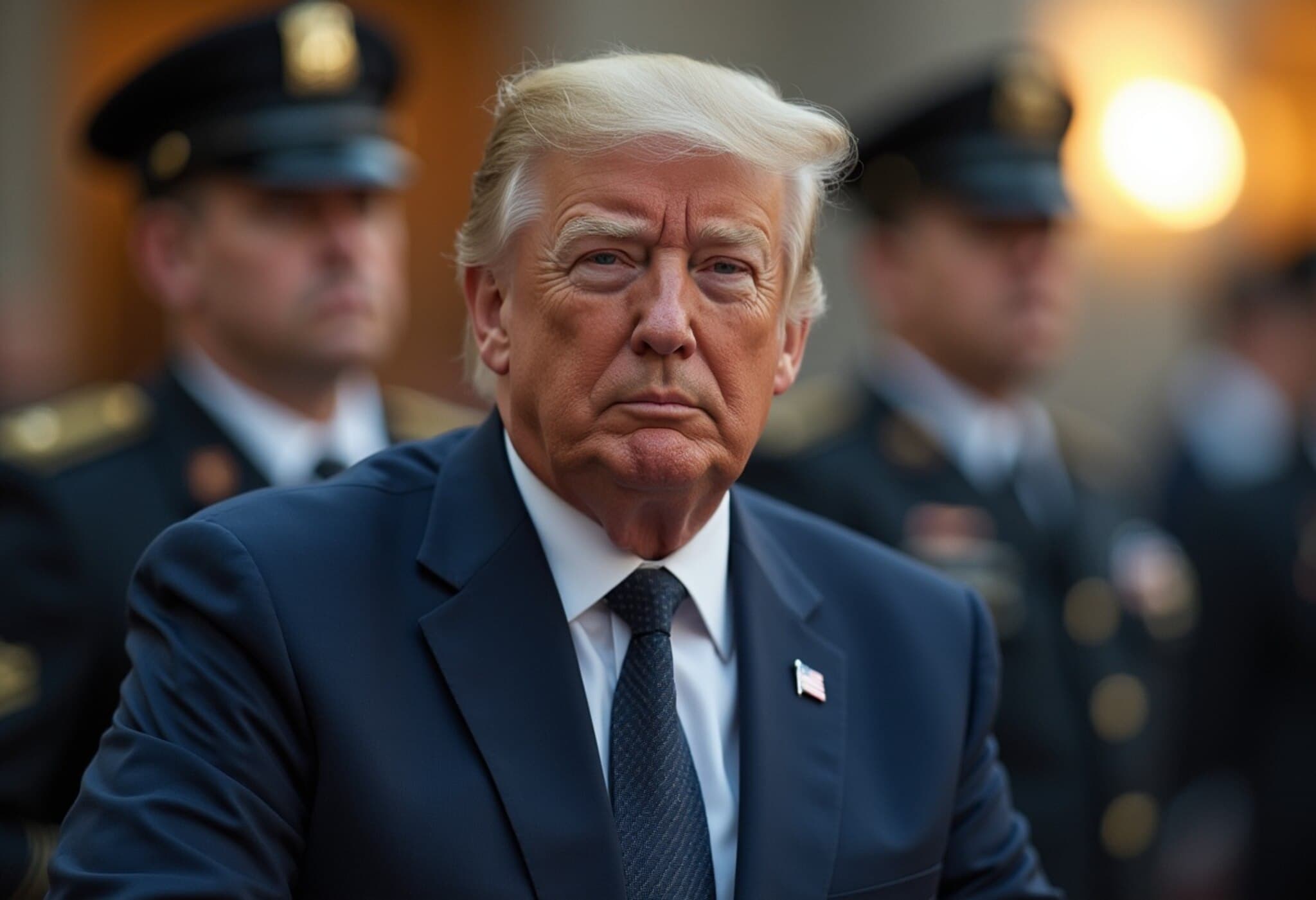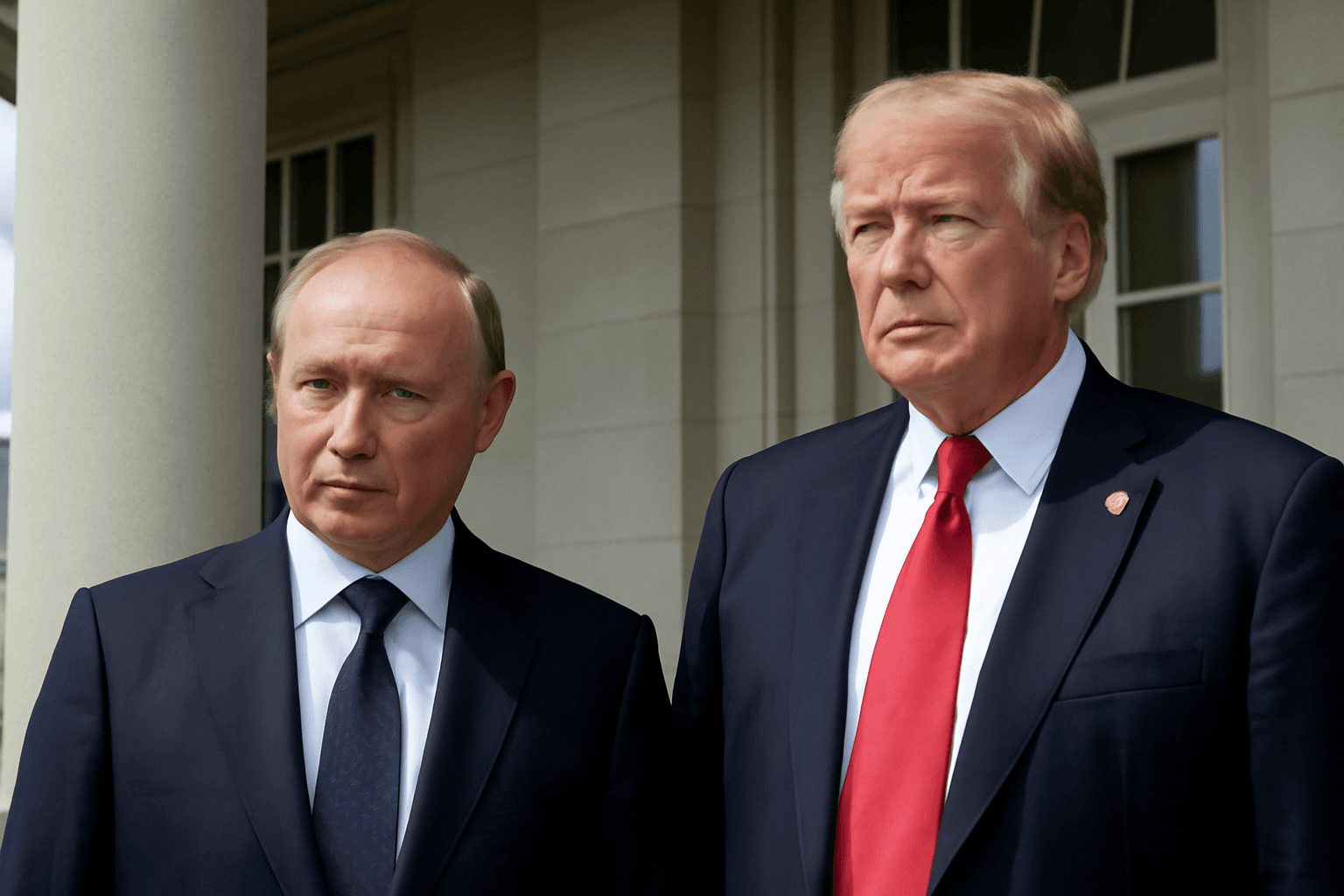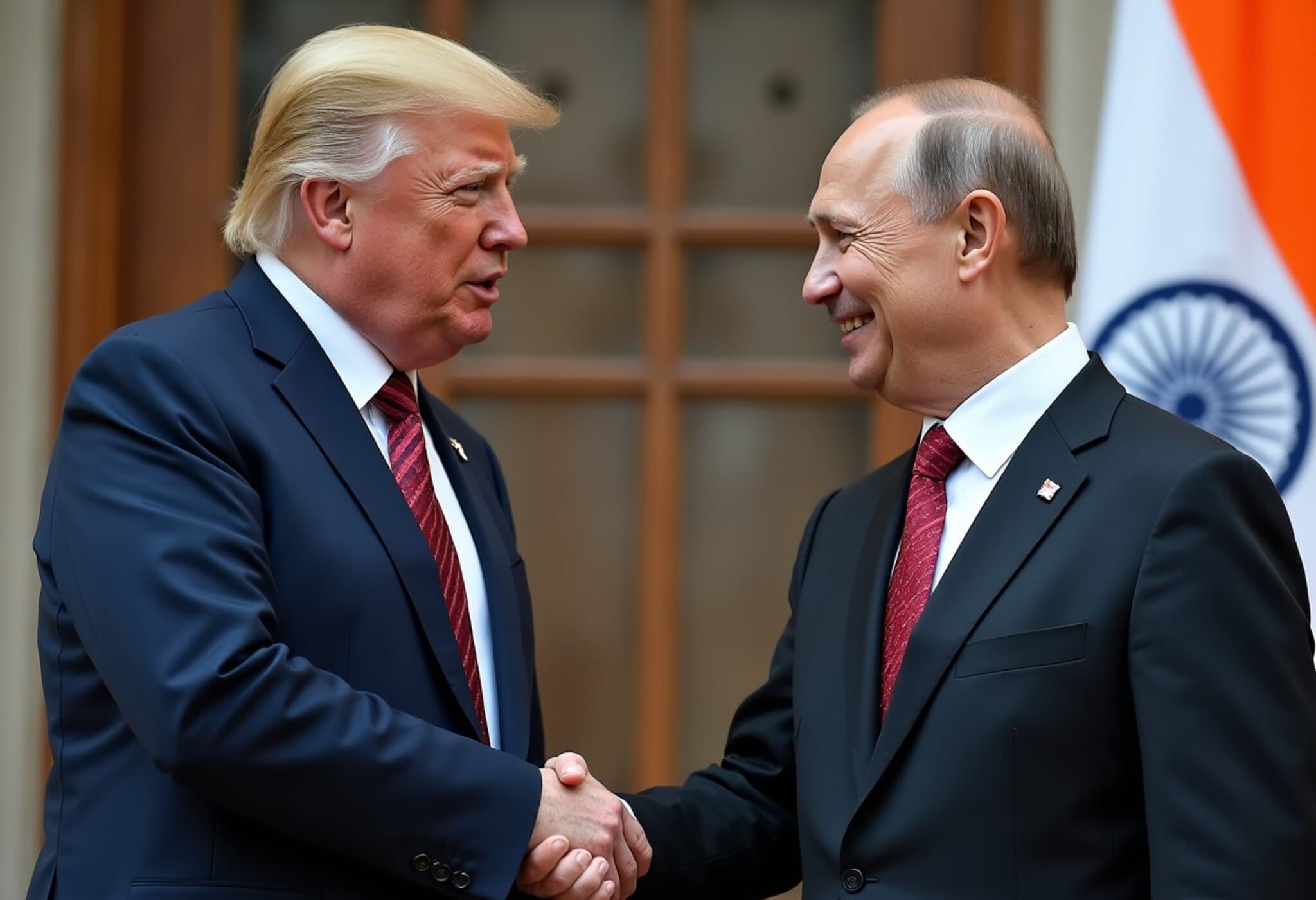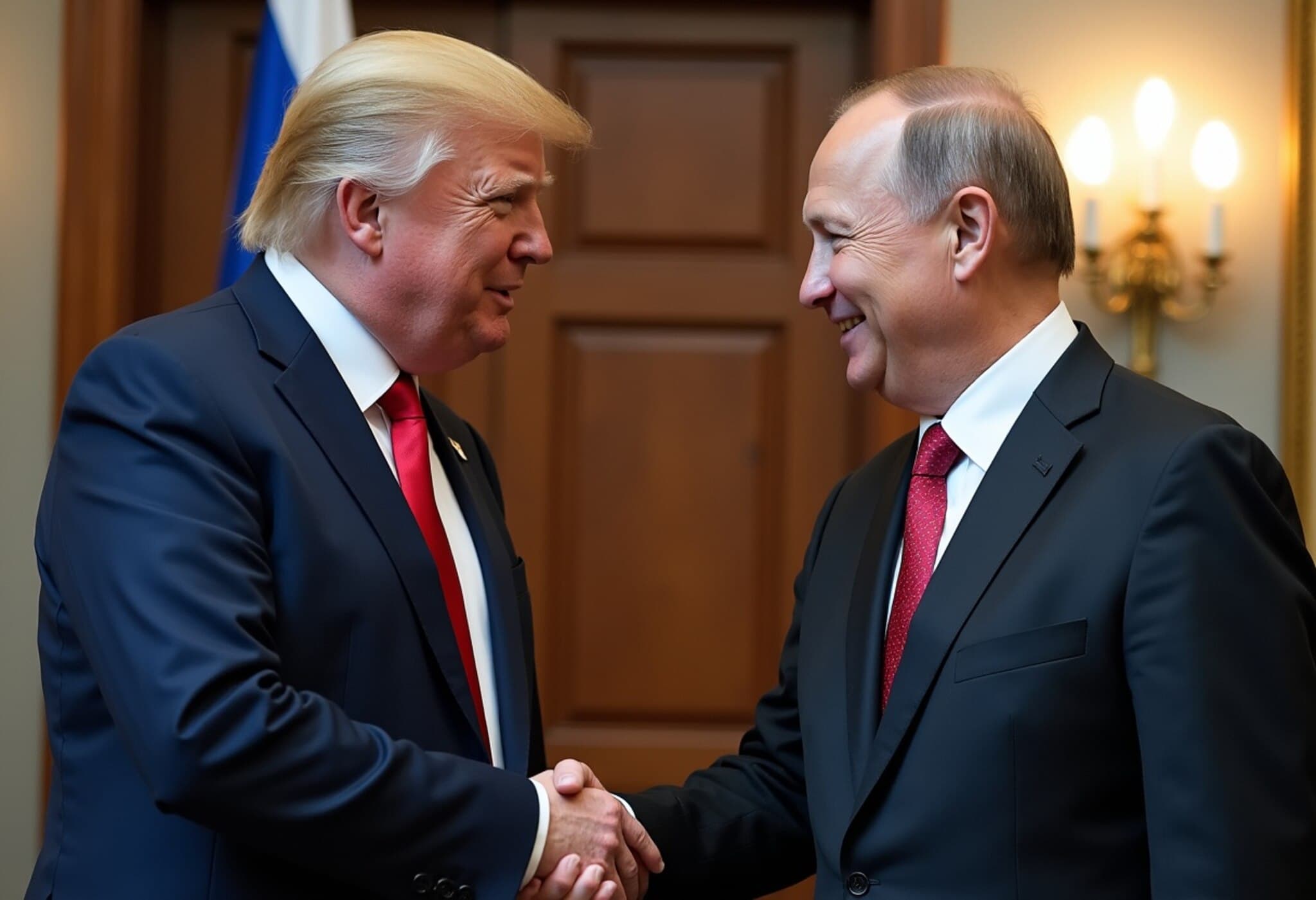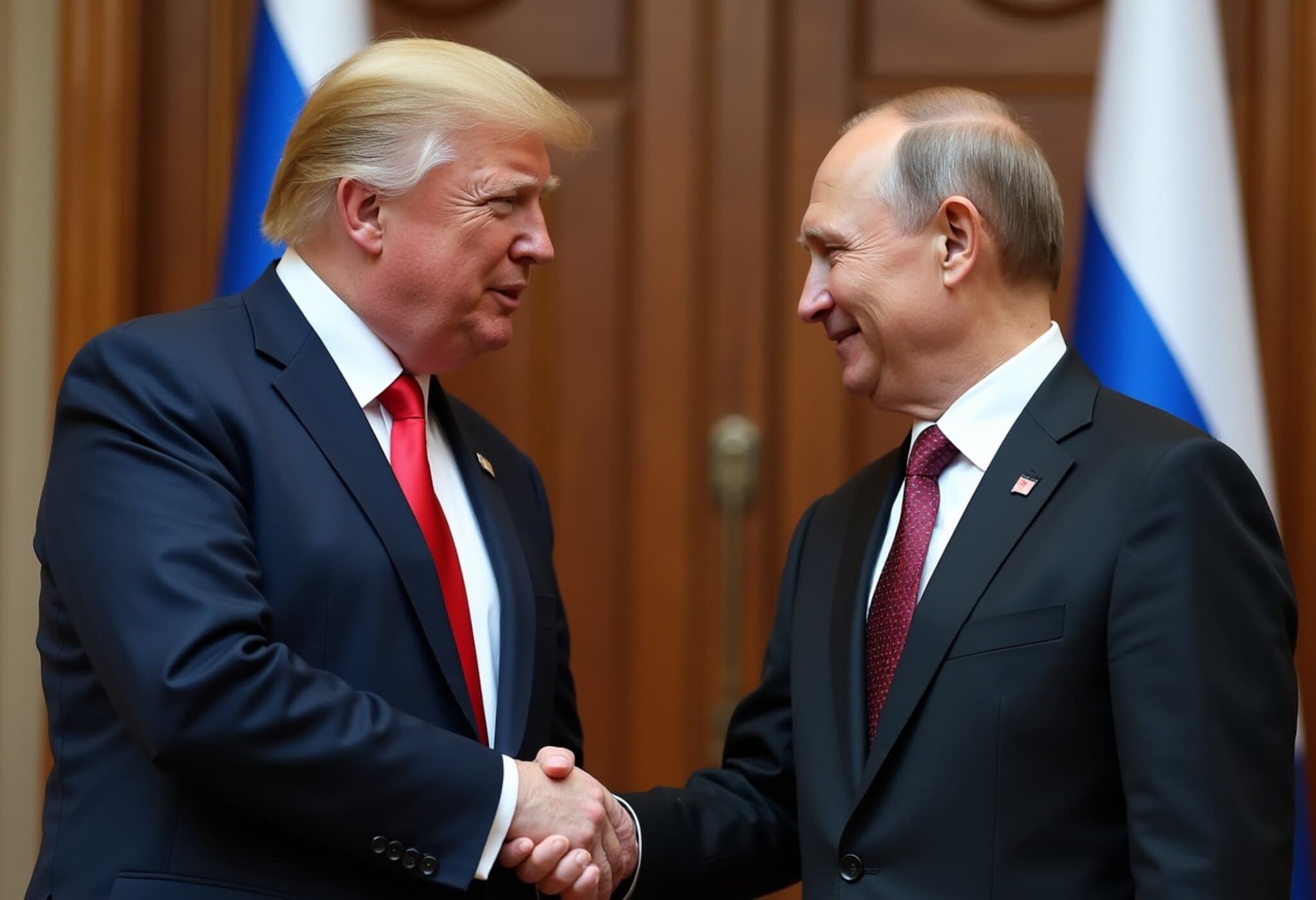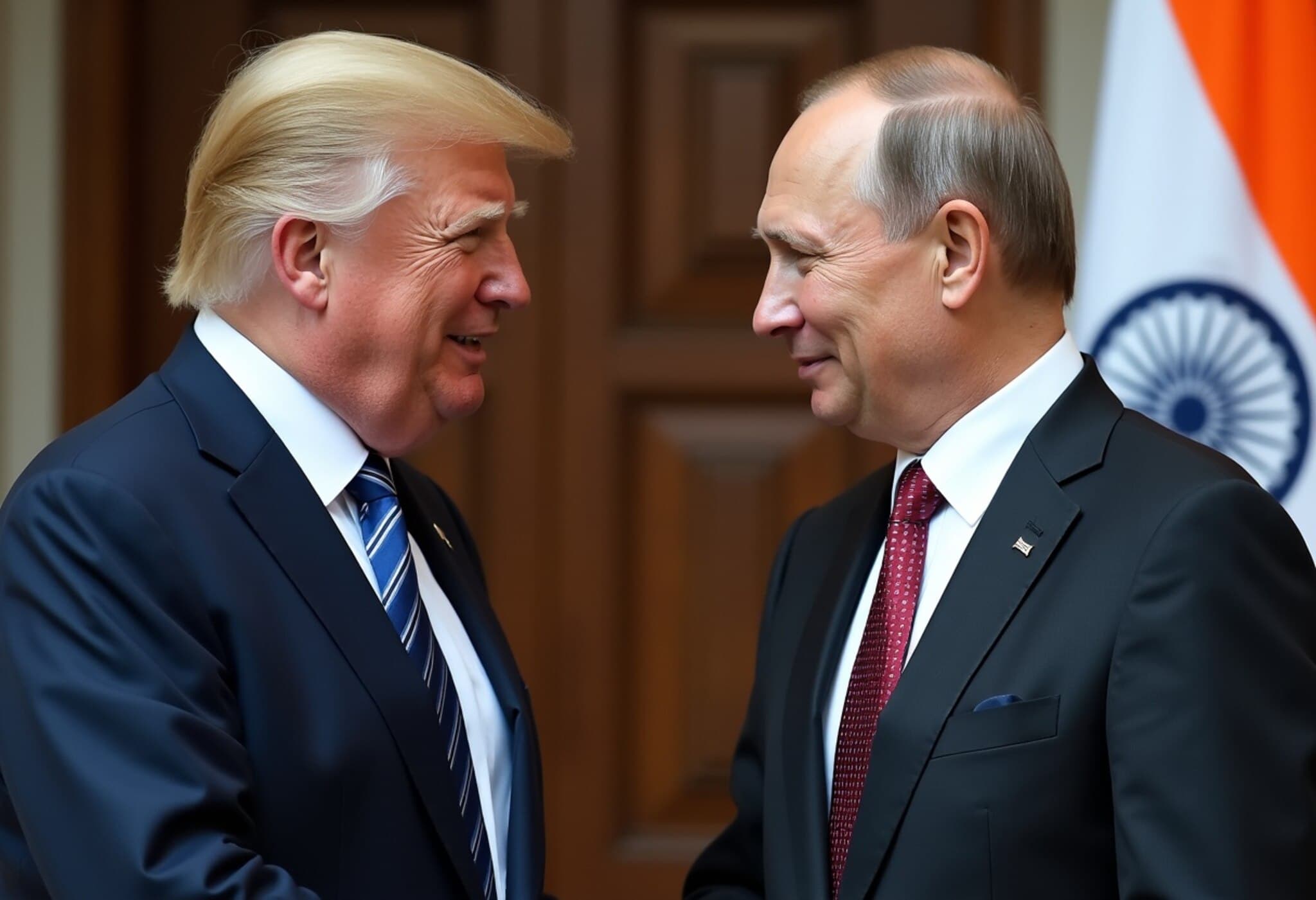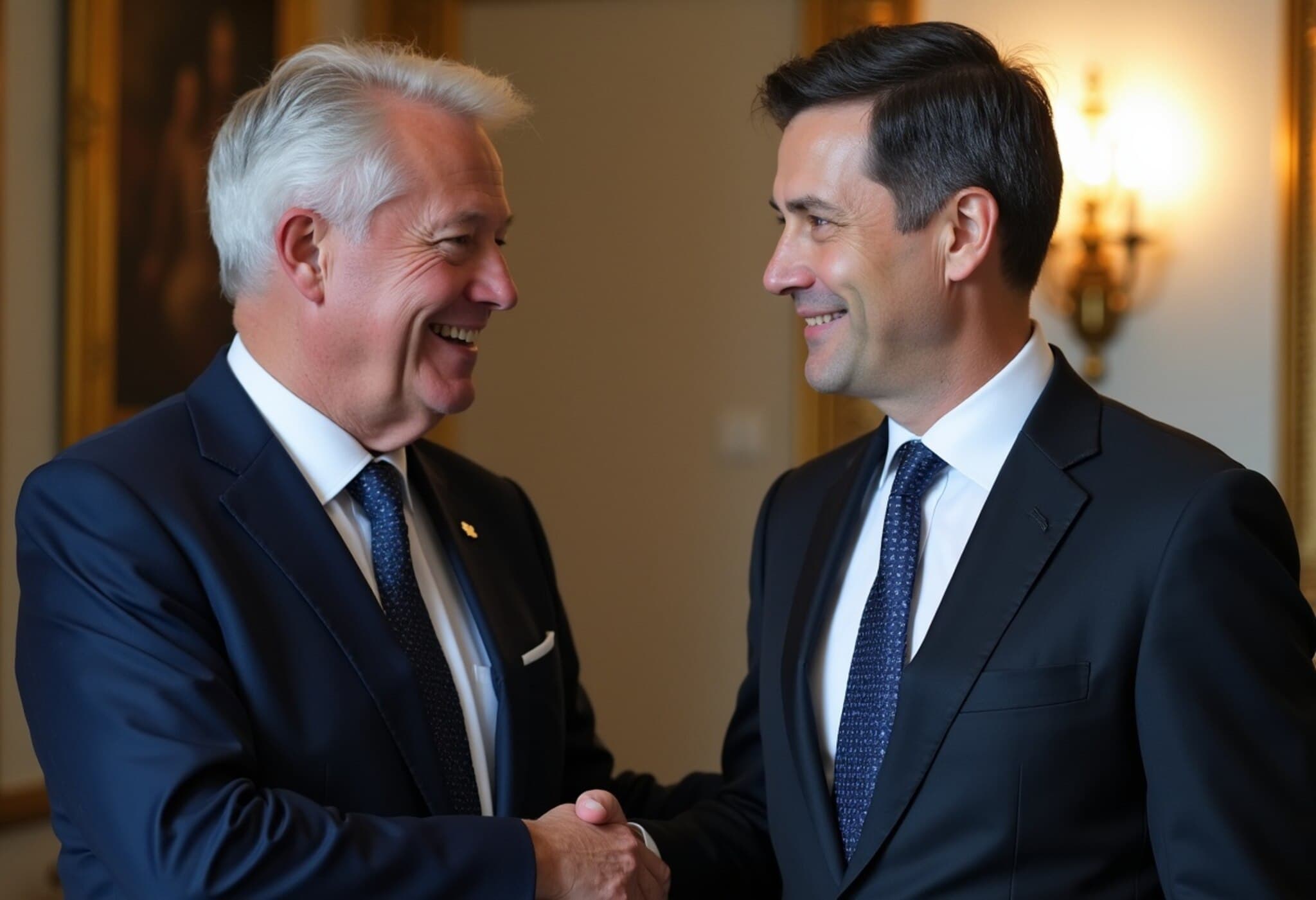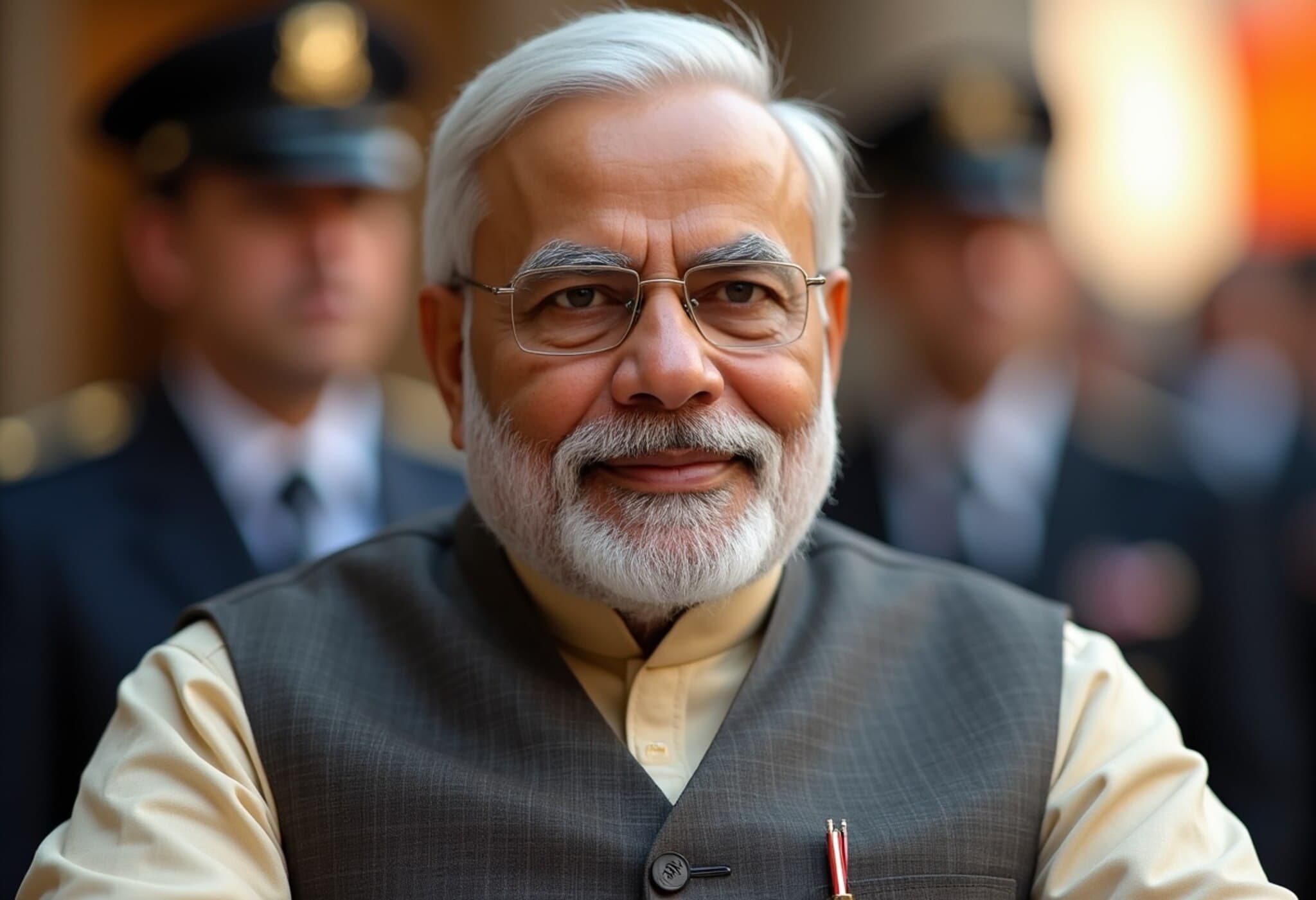Putin and Kim Jong Un Vow to Deepen Cooperation Before Alaska Summit with Trump
In a significant development underscoring shifting global alliances, Russian President Vladimir Putin and North Korean leader Kim Jong Un pledged to enhance their bilateral cooperation during a recent phone call. This comes just days before Putin is set to meet former U.S. President Donald Trump in Alaska, a summit that is already generating intense international attention.
A Warm Exchange Signaling Closer Ties
According to Pyongyang’s state-controlled Korean Central News Agency (KCNA), the conversation between Putin and Kim unfolded in a "warm comradely atmosphere" on Tuesday, reflecting a mutual determination to strengthen their partnership. The leaders are reaffirming ties at a time when Russia faces mounting pressure amid its ongoing conflict in Ukraine.
North Korea's Role in Russia's Ukraine Conflict
During the call, President Putin reportedly expressed gratitude for the "self-sacrificing spirit displayed by service personnel of the Korean People’s Army in liberating Kursk," a direct reference to North Korea’s military support for Russia in Ukraine. This acknowledgment highlights the often-overlooked extent of Pyongyang’s involvement in aiding Russia’s war efforts.
North Korea confirmed earlier this year that it had deployed troops alongside Russian forces on the Ukrainian front lines, marking a dramatic escalation in its international military engagement and signaling its alignment with Moscow against Western interests.
Implications for the Alaska Summit and U.S. Policy
Kim Jong Un assured Putin of North Korea’s continued backing for Russian leadership decisions in the future. This pledge, coming just days before Putin’s scheduled meeting with Donald Trump in Alaska, intensifies the geopolitical complexity surrounding the summit.
Experts suggest that Trump is likely to advocate for an end to the Ukraine war during discussions with Putin, pressing the Russian president to reconsider his strategy. However, Russia’s growing dependence on North Korean military collaboration may harden its stance, complicating diplomatic efforts.
Strategic Alliance in Flux: Historical Context and Regional Impact
- In 2024, Russia and North Korea formalized a mutual defense pact, signaling a new chapter in a traditionally opaque partnership.
- North Korea's increased military support for Russia represents a sharp pivot from its historic isolation to active participation in global conflicts.
- This alliance poses a challenge to U.S. foreign policy, particularly in managing nuclear proliferation risks and East Asian security.
Regional experts argue that North Korea’s alignment with Russia may embolden Pyongyang’s strategic posture regarding its nuclear program, complicating diplomatic negotiations and escalating tensions in the Asia-Pacific.
Underreported Dimensions and Future Questions
While much focus remains on the U.S.-Russia dynamic, the North Korean angle adds a crucial piece to the puzzle. Questions arise about the extent of North Korea’s commitments and whether this partnership might lead to increased military transfers or joint operations beyond Ukraine.
Moreover, this evolving alliance highlights a growing multi-polar geopolitical world where traditional Western influence is being challenged by alternative power blocs.
Editor’s Note
This unfolding story reflects the intricate web of modern international relations, where unlikely partnerships challenge global norms. As Putin and Kim rekindle their alliance ahead of the Alaska summit with Trump, observers must consider the broader implications for regional security, diplomatic leverage, and the future trajectory of armed conflicts. Will this signal a lasting realignment that undermines efforts toward peace, or could diplomatic dialogue still find a breakthrough? The answers will shape policy debates for years to come.

